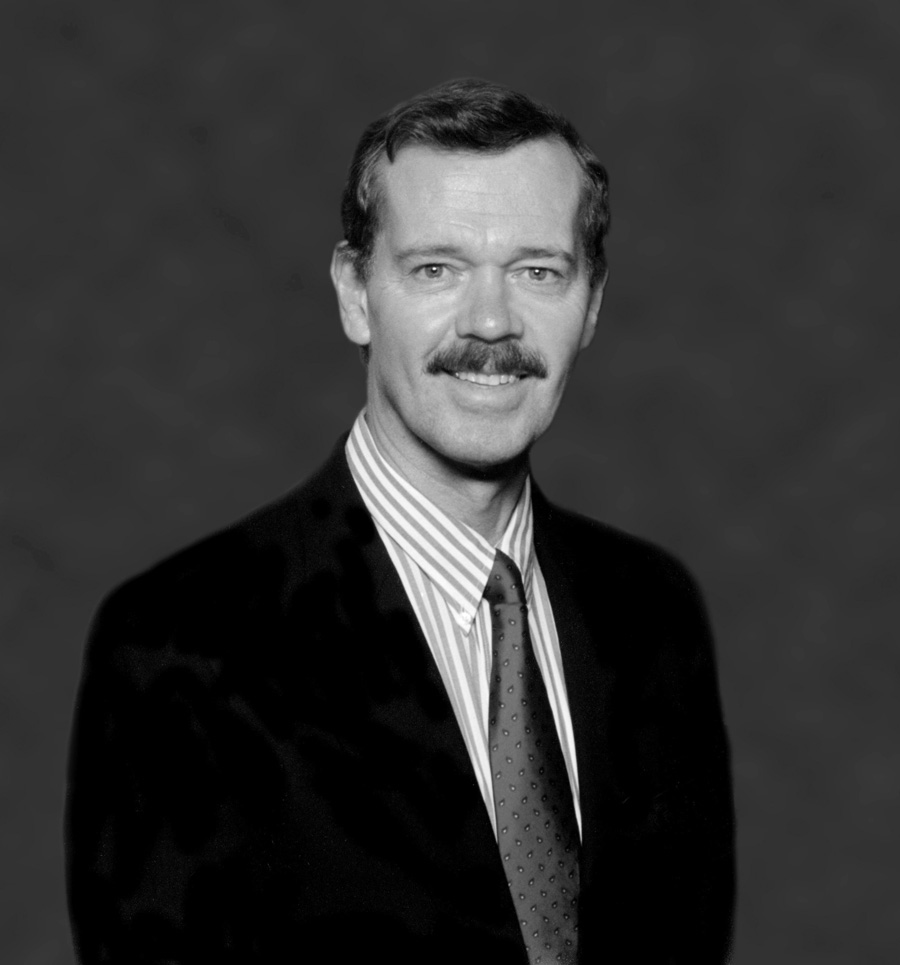|
SPECIAL HISTORY LECTURE by Robert Soare* Paul Snowden Russell Professor of Mathematics and Computer Science, University of Chicago History and Concepts of Computability
Abstract: This lecture will trace the history and development of the concept of computability, its early emergence, its definition under Turing in 1936 and the notions of effective calculability and computable enumerability by other researchers. Although this definition of Turing machine computable functions is the one which convinced Gödel and is the most widely accepted today, it represents closed computability and is not the notion of most interest today in either theoretical research or practical applications. Most of these modern results, theoretical and practical, take place in a more general setting of open computing. This concept appeared almost accidentally at first, and took several decades to develop. It has often been underestimated, or ignored, even by experts, and has never been given the same status as Turing machines. It encompasses various computable approximations, such as machine learning and decision making under undercertainty, so prevalent in real world computing, such as the financial markets. It also includes the foundation of most results in theoretical computability theory, whether dealing with pure computability, or applications to other areas of logic and mathematics such as model theory, algebra, number theory, and differential geometry. During the second half of this talk, we develop the properties of open computing, its algorithmic, topological and definability properties. We present the case that it is the central topic in computability theory.
This History Lecture is part of the
Special Year
in Logic
Ulam Colloquium * University of Florida * Mathematics * Contact Info |
